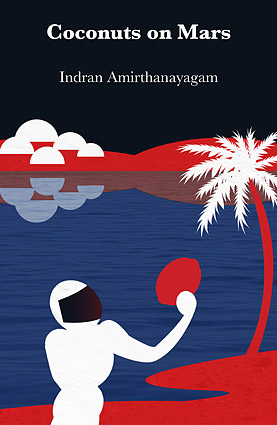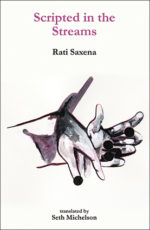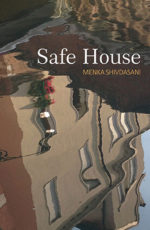| Author | |
|---|---|
| Imprint | |
| Language | |
| Edition | |
| Publication Year | Feb 2019 |
| Binding | |
| Pages | 64 |
$12
About the Book
Indran Amirthanayagam has been writing poems that will outlive his time, and they have been translated already into several world languages. These new poems both look bravely into the future as they turn back, at the same time, to the remembered mists of his childhood. Indran embraces various contradictions in his capacious heart and mind, that have enabled him to love in many languages, to cross all sorts of borders, geographic, linguistic, and political, and to champion liberty of expression wherever he goes. Indran?s is a journey beyond limits, and these poems take you much of the way along with him on his restless exploration of his multiple worlds.
-Shashi Tharoor









